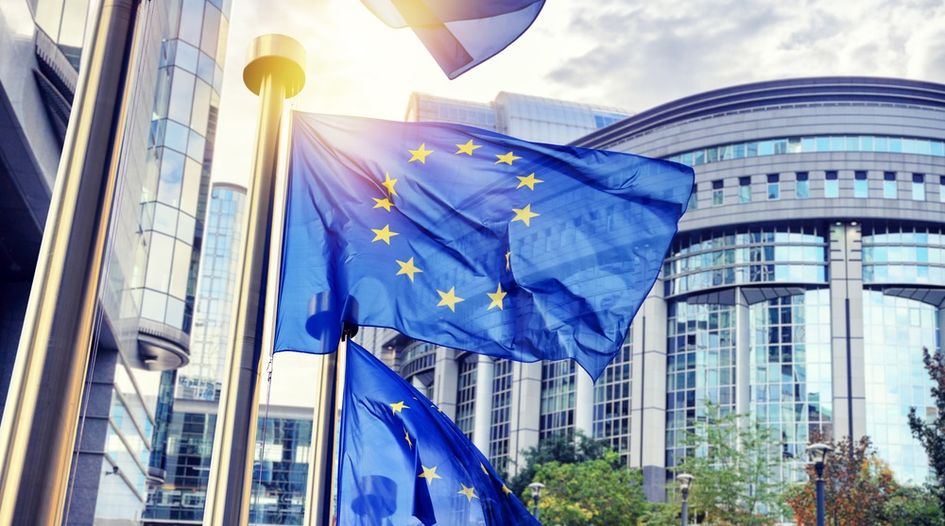UPC grants Abbott a preliminary injunction – including for Ireland

The Unified Patent Court has issued a preliminary injunction against Sibio Technology on behalf of Abbott Diabetes Care, and has even included the Republic of Ireland – which has yet to ratify the UPC Agreement – in the scope of the injunction.
Along with another recent UPC PI, against SharkNinja on behalf of Dyson, the decision doubles the total number of first instance injunctions awarded by the UPC on an inter partes basis. Despite these two recent victories, however, PI applicants at the new court continue to have a losing record.
In fact, two Abbott PI requests against Sibio have produced decisions by the UPC’s Local Division for The Hague, which refused one application for provisional measures and granted the other. These applications relate to European patent 3 831 283 and European patent 2 713 879, respectively, which are both alleged to be infringed by Sibio’s continuous glucose monitoring device, GS1.
The ‘283 patent is in force in 13 UPC members states, while the ‘879 patent is in force in Germany, France and the Netherlands. Interestingly, both patents are also in force in the Republic of Ireland, which has signed the UPC Agreement but has not yet ratified it. Abbott included Ireland in its initial PI applications.
The Local Division for The Hague this week rejected Abbott’s PI application regarding patent ‘283. This was deemed more likely than not to be invalid for added matter – the correct standard of certainty to apply to PI-related validity and infringement judgments, according to the Court of Appeal’s February judgment in Nanostring v 10x Genomics. In rejecting this injunction request, the local division decision states also that Abbott conceded that it had included Ireland in the application by mistake.
Abbott’s PI application regarding patent ‘879 raised a different set of questions, however, because Sibio did not contest the infringement allegations, nor the validity of the patent, nor even the competence of the court to include Ireland in the case.
Instead, prior to the hearing, Sibio issued a unilateral cease-and-desist declaration committing to remove its product from the affected markets. Abbott insisted on pressing for the PI on the grounds that it would otherwise have no enforcement lever should Sibio renege on its own declaration. Sibio argued, on the contrary, that its declaration rendered a PI unnecessary.
In an order issued on Wednesday, the Local Division for The Hague rejected Sibio’s argument, pointing out that Abbott was able to purchase GS1 in Europe on more than one occasion in May, despite the Chinese company’s April declaration. And, given that Sibio purported to have removed its product from the patent-protected markets, it did not have any legitimate interest in opposing the PI.
Because Sibio had not questioned the court’s competence to include Ireland in proceedings, Ireland could be included, the local division found. It granted a PI preventing Sibio from making or placing GS1 on the market in Germany, France, the Netherlands and/or Ireland.
The UPC awarded another PI, in somewhat less unusual circumstances, in late May. This arose from Dyson’s PI application against rival vacuum cleaner company, SharkNinja. As well as finding that the asserted patent is likely valid and infringed, the Munich Local Division found that the fact that the accused product was being sold for 50-60% less than Dyson’s products tilted the balance-of-interests analysis in the patentee’s favour.
It also ruled that where a patentee has filed for a PI within two months of becoming aware of alleged infringement in at two countries, then it “cannot normally” be considered to have waited an unreasonably long time to take action.
The injunctions against SharkNinja and Sibio are significant in that they double the total number of PIs awarded on an inter partes basis by local divisions of the UPC.
However, on the whole, patentees continue to have a poor record in inter partes PI requests at the UPC. Of the four PIs awarded on this basis, one (against NanoString on behalf of 10x Genomics) was overturned by the Court of Appeal. And seven out of 11 inter partes PI decisions have gone against the patentee at first instance, including the recent judgment against one of Abbott’s applications.
Kinexon failed to obtain an injunction against UEFA in the build up to the European football championships currently underway in Germany, as IAM reported earlier this month. 10x Genomics, CUP&CINO, AIM Sport, SES-Imagotag SA and Tiroler Rohre have also had PI applications turned down following oral hearings.


